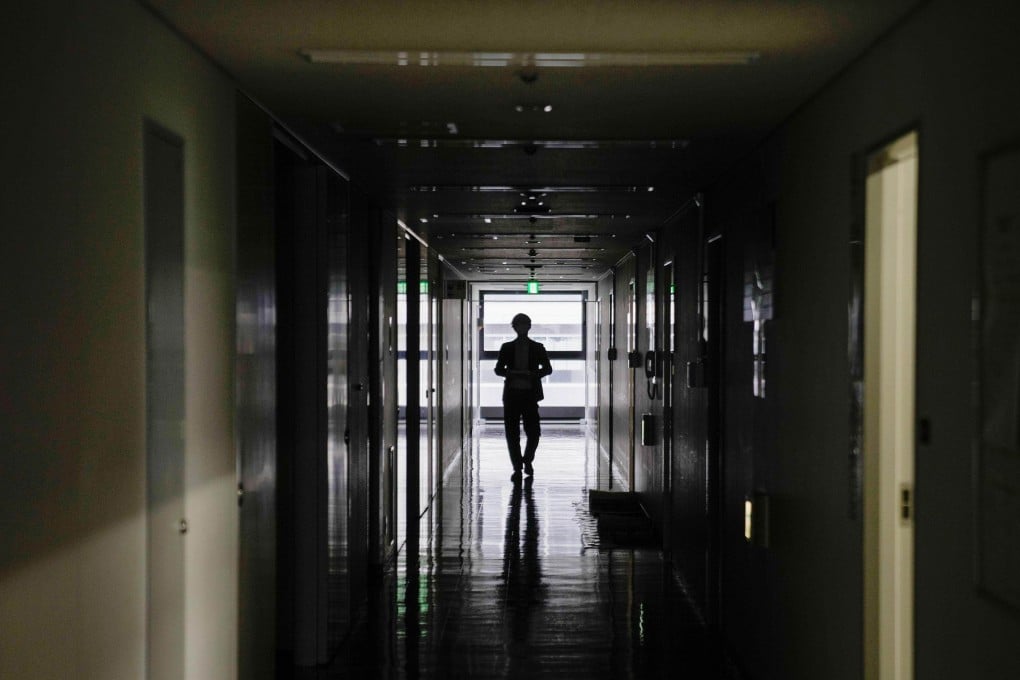Waste of energy: why Japan’s gamble on power since Fukushima could mean a hot summer, rolling blackouts, and the restart of nuclear plants
- Japan’s power shortage can be traced to the Fukushima nuclear disaster, as expensive LNG and dirty coal have been unable to make up electricity shortfall
- Officials warned that citizens may need to cut back on electricity consumption and to be prepared for rolling blackouts during Japan’s oppressive summer heat

The government convened a meeting of ministers and energy experts on Tuesday to address a looming energy shortage that could start in the coming weeks and concluded that the public and industry should be instructed to cut back on their electricity consumption and even be prepared for rolling blackouts at times of extreme shortages.
“The government will not set a uniform numerical target to save electricity this summer, but we will ask people to cooperate in saving electricity and energy as much as possible,” Chief Cabinet Secretary Hirokazu Matsuno said after the meeting.
Ministries have been instructed to draw up ways to increase electricity output, with one option the resumption of operations at thermal power plants that have been suspended due to their age. Government agencies are also working on a campaign to show the public ways to limit their electricity consumption, while still making sure they do not fall victim to heatstroke.
The government’s admission that the nation faces a significant energy shortfall through the summer months comes hard on the heels of the warning from the Meteorological Agency that average temperatures will be noticeably higher. The city of Kumagaya recorded a temperature of 33.8 C on May 29, nearly 10 degrees hotter than the average day in May.
Northern and eastern Japan are expected to experience particularly high temperatures this year, the agency cautioned, partly due to La Nina conditions lingering in the Pacific.